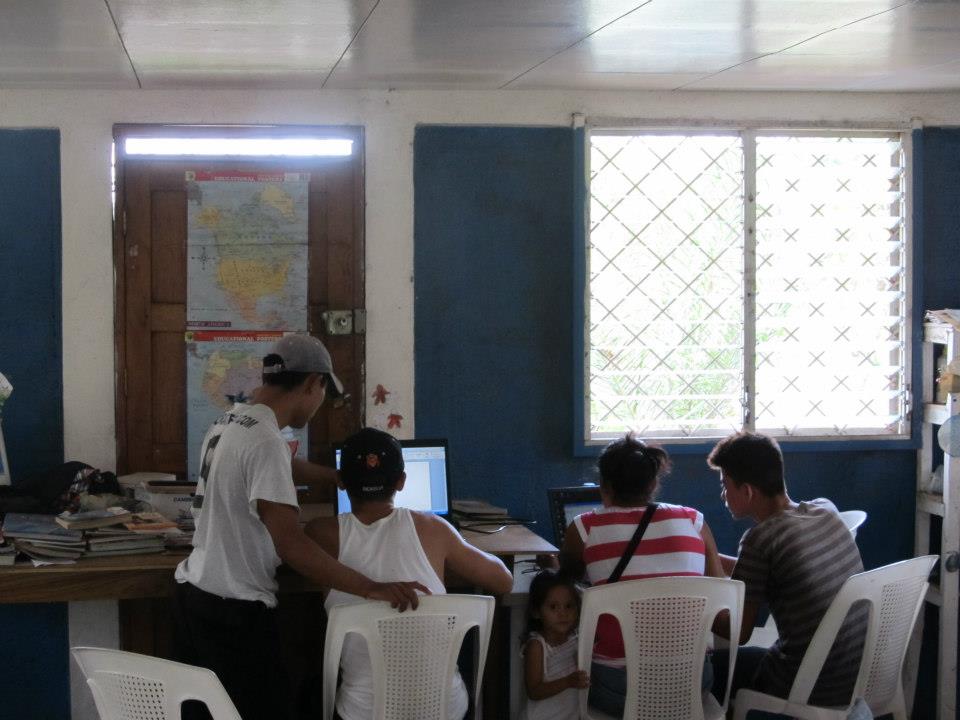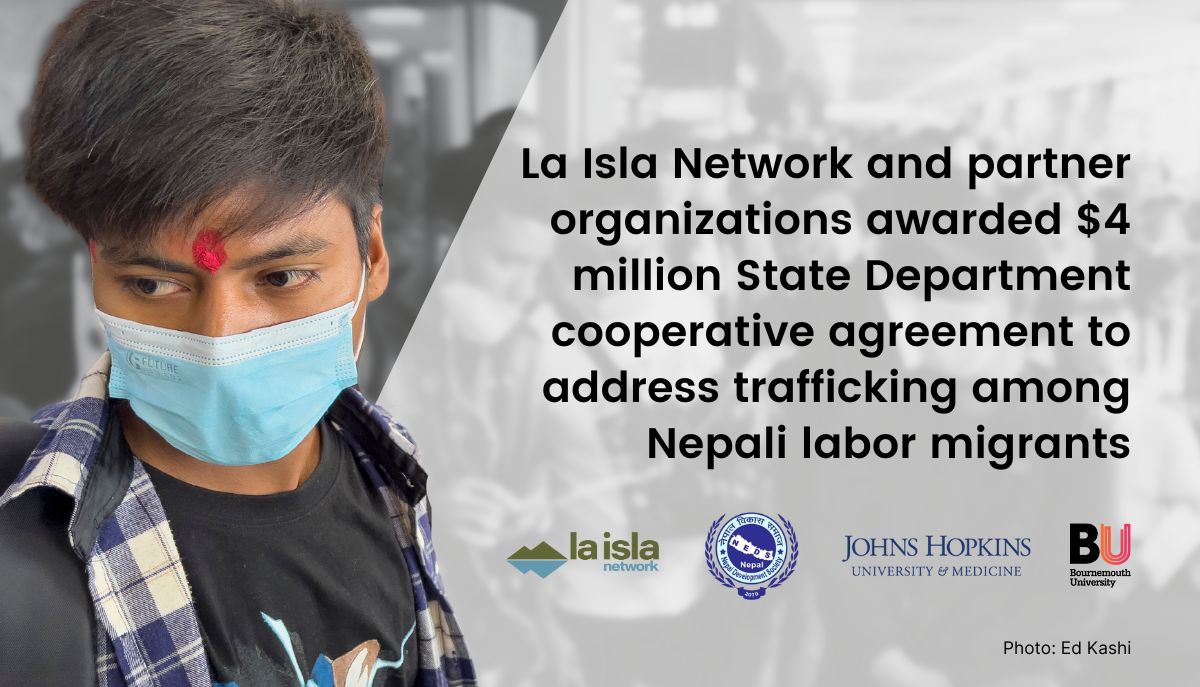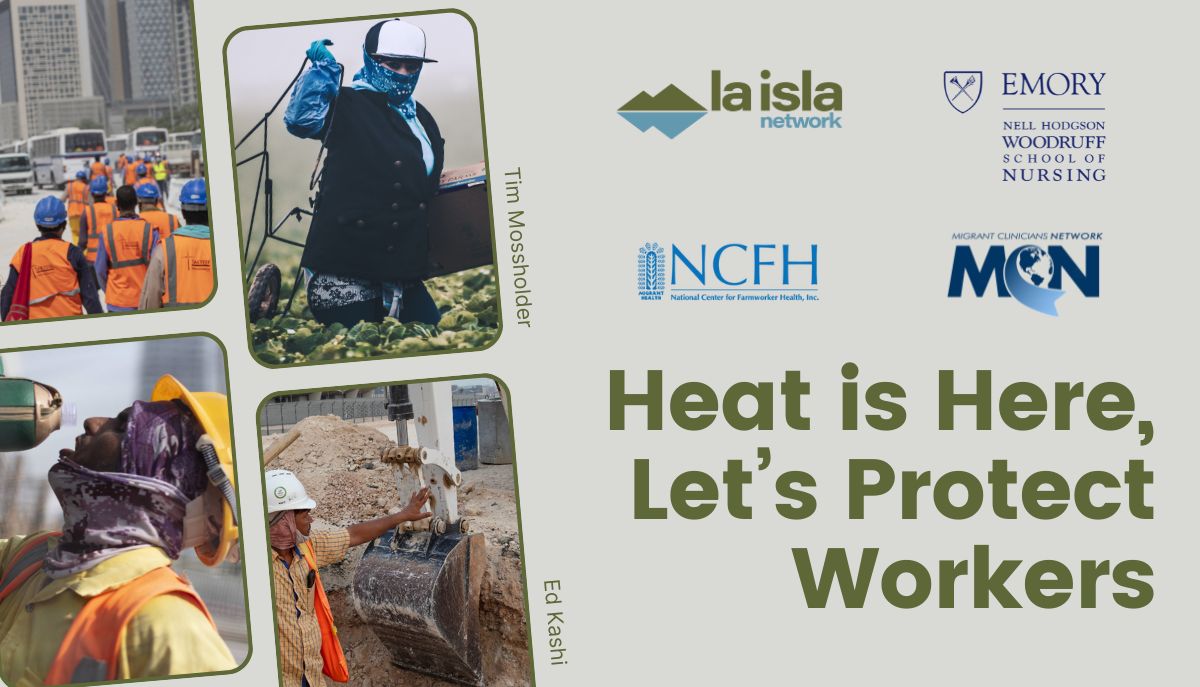Education alone may not be the solution to the CKDnT epidemic in Guanacastal Sur, Nicaragua, but while the cause is still unknown, education is the best bet in keeping the next generation safe and healthy. That’s why, for the past 6 months, LIF has been revamping the Community Development Department’s education and skills building program. Now, with 20 young men having graduated from welding school, 30 women from beauty school, 60 children cycling through English classes, and a growing number of young adults receiving advanced computation classes daily, LIF is taking on phase two of the program.
Starting this summer, we partner with the local government-run trade school INATEC to add value to our programs and give our students a chance to graduate LIF courses with a high school-level certificate; a highly desired commodity in our community. We are initiating the partnership with 30 participants for both computation classes and adult English classes, with certified welding and beauty instruction soon to follow. Currently, only 11% of sugarcane workers in this community have completed high school, only 38% total receiving any sort of education after 6th grade. Combining the assets of the INATEC programs and the LIF classes, we foresee a large growth in class participation; there is immense potential of this program due to the appeal of earning a high school certificate. Until the cause of the CKDnT epidemic is verified and an intervention is implemented, securing a job outside of the cane fields is the most effective prevention method against the disease.
The past month has been trying – the riot left local families frightened and hopeless, LIF was hit with a series of untrue accusations for our support of the workers, and another couple of great men from our community succumbed to CKDnT – but, as always, we overcame the obstacles in front of us. LIF appreciates the opportunity to work with such a successful program while maintaining a line of communication with the Nicaraguan government despite the abuses of the local police department.
The work we do in investigating this epidemic while shining a light on human rights infractions that contribute to it both creates challenges but also help fortify important relationships. No one should cower from doing what is right and we certainly will continue to to protect worker and community rights as long as we are asked to by those affected. By staying focused on our strategy of pursuing the cause while securing basic human rights for sugarcane workers in Latin America, we avoid major setbacks. During these last difficult weeks, despite ever present tensions, our team has stayed on track. The Community Development Team, with our 5 staff members and great group of volunteers and interns is meeting our goals. Along with our new partner INATEC, La Isla Foundation is happy to announce that we are one step closer to obtaining human rights and equal opportunities for those affected by the epidemic in the La Isla community. None of this is possible without your support, and we thank you for doing all you can so we can find the cause, empower the next generation and ensure protections for those who must work the fields to provide for their families.
-Katie Stark, Director of Community Development





